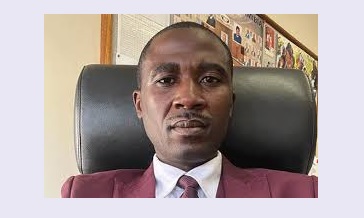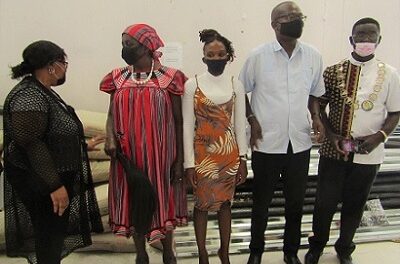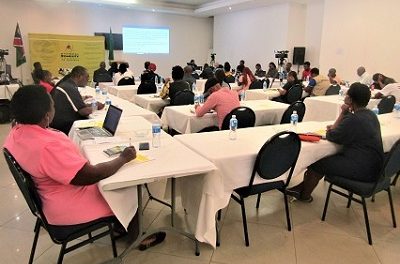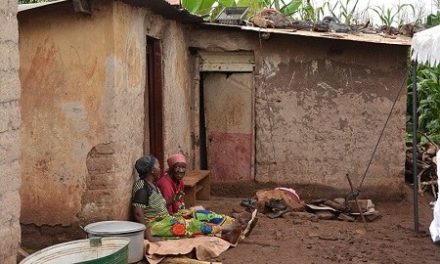By Marx Itamalo /
MANY Angolan nationals still seek medical attention at Namibian state health facilities notably in the central northern regions of Ohangwena and Omusati.
And, according to health ministry spokesperson Mr Walters Kamaya, the situation is manageable.
Kamaya was responding to questions by Omutumwa News Online on approximately how many Angolan nationals get treated at state health facilities annually, which hospitals receive most Angolan patients and whether the Namibian government can manage to accommodate them, in light of the belligerent health system in the country.
There has been complains from members of the public of late about lack of medicine at many clinics and hospitals in the central northern regions, and as a result many patients have been directed to buy medicine and related products at private pharmacies.
Members of the public have partly blamed the lack of medicine on Angolan nationals who flock to these health facilities for medical care.
He noted that all the district hospitals in the two regions namely, Okongo, Eenhana and Engela in Ohangwena and Oshikuku and Outapi in Omusati region see a considerable number of Angolan nationals.
However, he was quick to point out that of all the mentioned hospitals, the Outapi and Oshikuku district hospitals see most Angolan patients.
“We have statistics of all Angolans seen at Outreach points, PHC clinics, Outpatient departments and inpatient. About 15 percent of patients seen at Outapi and Oshikuku hospitals are Angolans,” he said.
Kamaya noted that Angolan nationals like all other foreigners pay the gazetted fees of N$60 at clinics and N$120 at district hospitals.
He further noted that when Angolan nationals do not have money, they are not refused treatment, but they are rather treated and the non-payment is recorded on their health passports for them to pay at a later stage when they get money.
“However, many Angolan patients don’t honour their payment,” he stressed.
Asked whether the flocking of Angolan nationals and their subsequent treatment at Namibia’s health centre adds an additional burden on the already belligerent health system, but rather stating that the only major challenge caused by Angolan patients is overcrowding.
He stressed the country’s health system would not manage to accommodate Angolan patients in the long run.
Kamaya pointed out to the failure of the governments of Angola in engaging their counterparts south of the Kunene river regarding crucial cross – border health issues.
He noted that the Namibian government once toyed with the idea of training health workers working at state health facilities bordering Angola, in basic Portuguese in order to effectively offer health services to Angolan patients, but the proposal died a premature death because of the Angolan health authorities’ lack of seriousness on the matter.
“It’s high time for both governments to go back to the drawing board.”
In the photo: Ministry of Health and Social Services spokesperson Mr Walters Kamaya.







